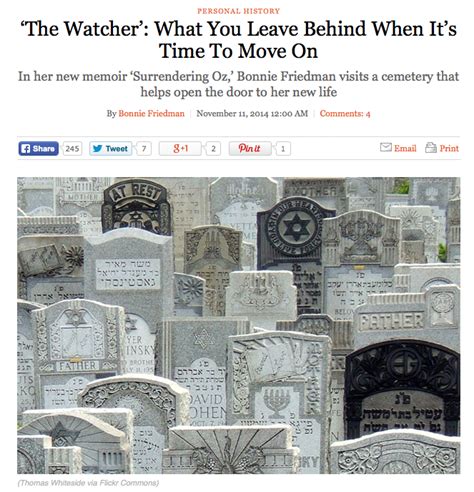A Quote by William Gibson
I think with one exception I've never changed an opening sentence after a book was completed.
Related Quotes
The process of writing a book is infinitely more important than the book that is completed as a result of the writing, let alone the success or failure that book may have after it is written . . . the book is merely a symbol of the writing. In writing the book, I am living. I am growing. I am tapping myself. I am changing. The process is the product.
Writing is linear and sequential; Sentence B must follow Sentence A, and Sentence C must follow Sentence B, and eventually you get to Sentence Z. The hard part of writing isn't the writing; it's the thinking. You can solve most of your writing problems if you stop after every sentence and ask: What does the reader need to know next?
I don't think anything I've written has been done in under six or eight drafts. Usually it takes me a few years to write a book. 'World's Fair' was an exception. It seemed to be a particularly fluent book as it came. I did it in seven months. I think what happened in that case is that God gave me a bonus book.
I began writing books after speaking for several years and I realize that when you have a written book people think that you're smarter than you really are if I can joke. But it's interesting. People will buy your book and hire you without reading the book just because you have a book and you have a book on a subject that they think is of interest to themselves or e to their company.
I think '300 Arguments' is a real tiny wallop of a book. It looks very slim, and at first, each little two-sentence or one-sentence thing kind of stands on its own, but again, as you read it, you get sucked into the momentum of it, and the whole of it is much larger than the sum of its parts in a really beautiful way.





































